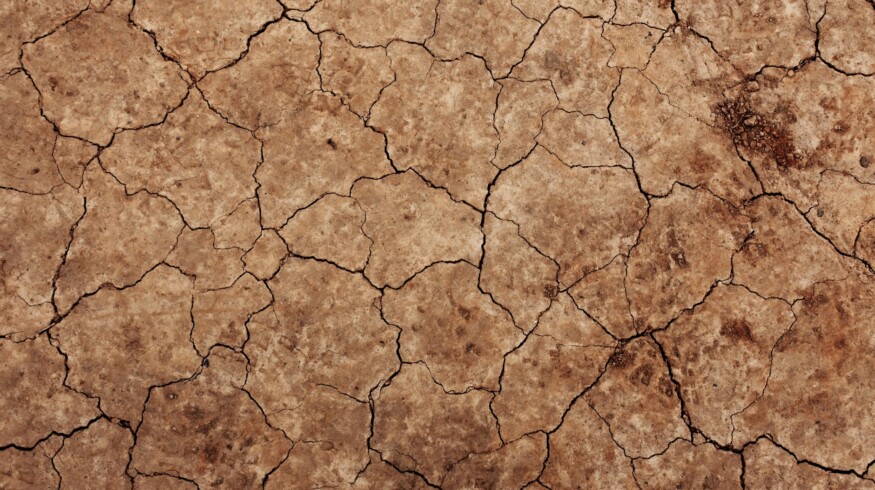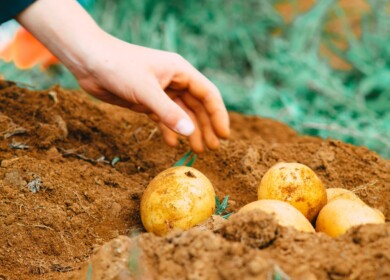EuroChem study says Russian soils lose too much calcium and magnesium

“According to agrochemical surveys, up to 35% of arable soils in Russia have high acidity, that is, they are characterized by a lack of calcium and magnesium,” said Maria Vizirskaya, Head of Development of the EuroChem Agronomic Service.
As follows from her statement, calcium and magnesium are vital elements in terms of soil fertility. They are part of the soil-absorbing complex, and if there are enough of them, then the soil has favorable properties – it passes air and water well. If any violations occur, then hydrogen, aluminum, and iron begin to dominate in the soil-absorbing complex, and acidity increases. That is, very often the lack of calcium and magnesium is associated with acidity.
Maria Vizirskaya noted that an increase in crop yields is accompanied by an increase in the removal of calcium and magnesium from soils.
“Since the yield has increased, the removal of calcium and magnesium from their soil has also sharply raised: in the 1970s their total removal was 20-30 kg per 1 hectare but now it exceeds 50 kg,” Maria Vizirskaya said.
Therefore, to preserve the fertility of arable lands, it’s recommended to use calcium and magnesium fertilizers to feed the crops grown on them through roots and leaves and ameliorants to improve their structure.
Enjoyed this story?
Every Monday, our subscribers get their hands on a digest of the most trending agriculture news. You can join them too!














Discussion0 comments